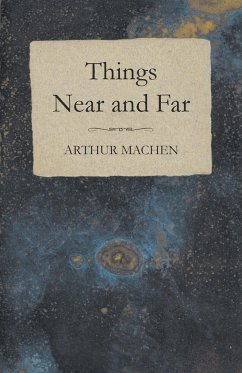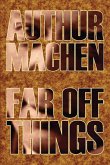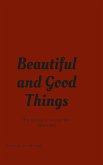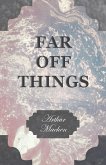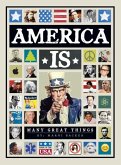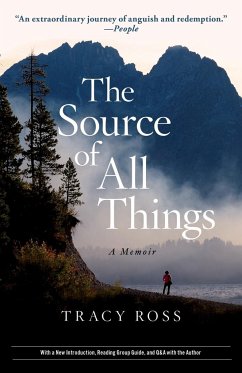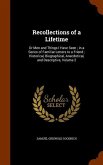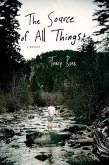"Things Near and Far" was is the second part of Arthur Machen's autobiography. The first part is contained in "Far Off Things" (1922) and the third in "The London Adventure" (1924). Arthur Machen (1863 - 1947) was a Welsh author and renowned mystic during the 1890s and early 20th century who garnered literary acclaim for his contributions to the supernatural, horror, and fantasy fiction genres. His seminal novella "The Great God Pan" (1890) has become a classic of horror fiction, with Stephen King describing it as one of the best horror stories ever written in the English language. Other notable fans of his gruesome tales include William Butler Yeats and Arthur Conan Doyle; and his work has been compared to that of Robert Louis Stevenson, Bram Stoker, and Oscar Wilde. "The Glorious Mystery" is not to be missed by those with an interest in the life and work of this seminal writer. Many vintage books such as this are increasingly scarce and expensive. It is with this in mind that we are republishing this volume now in an affordable, modern, high-quality edition complete with a specially-commissioned new biography of the author.
Hinweis: Dieser Artikel kann nur an eine deutsche Lieferadresse ausgeliefert werden.
Hinweis: Dieser Artikel kann nur an eine deutsche Lieferadresse ausgeliefert werden.

